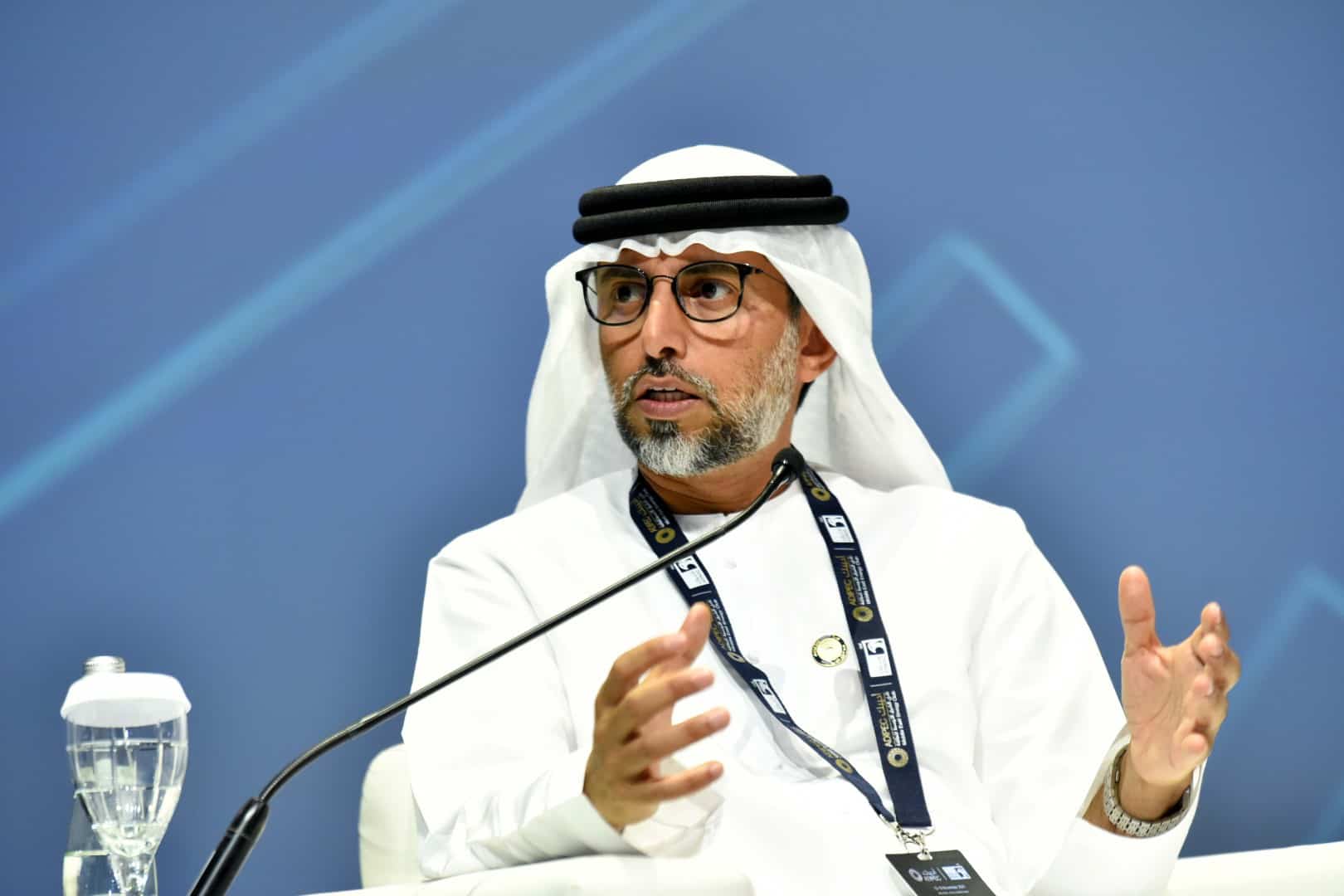Dubai, UAE— The UAE has set its sights on regulating the energy providers market as a step toward developing the country’s energy infrastructure and enhancing environmental sustainability.
The initiative is a vital component of a new policy that aims to ramp up investments in the energy sector, encouraging innovation, and developing modern technologies that will provide long-term economic and environmental benefits.
The contours of the policy were revealed by Suhail bin Mohammed Faraj Faris Al Mazrouei, Minister of Energy and Infrastructure.
Developed by the Ministry of Energy and Infrastructure (MoEI), the policy provides guidelines for the contractual framework amongst energy stakeholders and the various contracting mechanisms to consolidate the mechanisms of doing business, financing, and partnerships between the public and private sectors.
This will encourage energy service providers and private sector companies to invest in government projects, with the goal of reducing energy and water consumption, carbon footprint, and operational costs in buildings.
Al Mazrouei said, “While drafting the policy, we were keen to integrate the objectives of the National Water and Energy Demand Management Programme 2050 – a main enabler of achieving the UAE Energy Strategy 2050 and the UAE Water Security Strategy 2036.”
He added: “The policy has set objectives for the next five years, including reducing water use by 23 percent, cutting down operational costs by 20 percent in federal buildings, contributing to clean energy by 5 percent, promoting the sustainability of buildings by an approximate 5-10 percent, and raising awareness of energy and water conservation and the importance of behavioural change. On the long term, the policy is projected to decrease the demand of energy in the building sector by 51 percent by 2050, contributing to the UAE’s sustainable development.”
He elaborated that the new policy will contribute to the UAE’s GDP. “It will help achieve financial returns that amount to AED21.5 billion by 2050, resulting from retrofitting federal buildings as part of the National Water and Energy Demand Management Program 2050, helping establish a local market of energy services and products, creating opportunities for the private sector to invest in energy efficiency systems and renewables projects, improving productivity, and lowering operational costs. As a result, the UAE’s global competitiveness will improve.”
He highlighted the policy’s prominent role in strengthening the UAE’s sustainability solutions to drive climate change mitigation efforts, as well as create better integration and collaboration between stakeholders and encouraging them to provide distinguished energy services and products at competitive prices, which will contribute to the greater good of the society.








